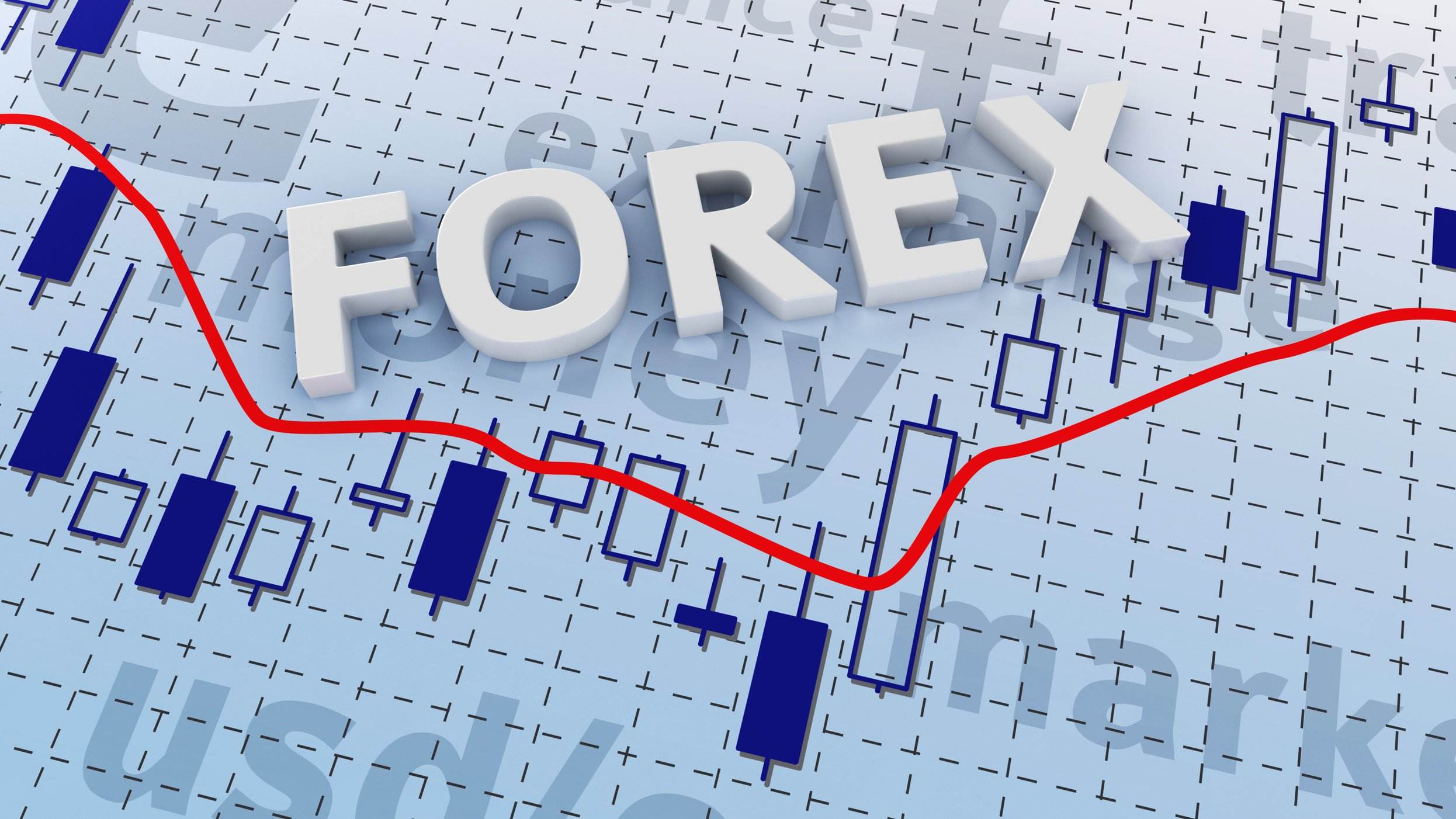Devaluation - 货币贬值
What is Devaluation?
Devaluation refers to a deliberate downward adjustment in the value of a country's currency relative to other currencies. This can be done by the government or the central bank in order to boost exports, stimulate economic growth, and improve the trade balance. Devaluation is often used as a tool by countries facing economic challenges or seeking to gain a competitive advantage in international trade.
Reasons for Devaluation
There are several reasons why a country may choose to devalue its currency. One common reason is to make exports more competitive in foreign markets. When a country's currency is devalued, its goods and services become cheaper for foreign buyers, leading to an increase in demand for exports. This can help boost economic growth and create jobs in export-oriented industries.
Another reason for devaluation is to reduce the trade deficit. When a country's currency is overvalued, its imports become relatively cheaper, leading to an increase in imports and a trade imbalance. By devaluing the currency, the government can make imports more expensive, discouraging consumer spending on foreign goods and helping to narrow the trade deficit.
Effects of Devaluation
Devaluation can have both positive and negative effects on an economy. On the positive side, devaluation can help improve the balance of trade, boost economic growth, and create jobs in export-oriented industries. It can also make a country's debt more manageable, as the value of the debt in foreign currency terms decreases.
However, devaluation can also have negative consequences. One major concern is inflation, as a weaker currency can lead to higher import prices, driving up the cost of living for consumers. This can erode the purchasing power of the population and hurt domestic industries that rely on imported inputs.
Managing Devaluation
Governments and central banks need to carefully manage the process of devaluation to ensure that it has the desired effects without causing undue harm to the economy. This may involve implementing measures to control inflation, such as tightening monetary policy or introducing price controls on essential goods.
It is also important for policymakers to communicate their devaluation strategy clearly to the public and to the international community to avoid uncertainty and speculation in the foreign exchange markets. Transparency and consistency in economic policies can help build confidence in the stability of a country's currency.
Overall, devaluation is a powerful tool that can be used to address economic imbalances and boost competitiveness in international trade. By understanding the reasons for devaluation and its potential effects, policymakers can make informed decisions to achieve their economic goals.
相关文章
 Cover - 回补 什么是回补?回补是外汇交易中的一个重要概念,指的是价格在一段时间内突然上涨或下跌后,重新回到了原有的水平。这种现象通常发生在市场出现大幅波动之后,2024-07-08
Cover - 回补 什么是回补?回补是外汇交易中的一个重要概念,指的是价格在一段时间内突然上涨或下跌后,重新回到了原有的水平。这种现象通常发生在市场出现大幅波动之后,2024-07-08 外汇交易中形态应用的重要性外汇交易是一个充满挑战和机会的领域,交易者在进行交易决策时常常需要考虑到各种因素。形态分析是外汇交易中重要的分析方法之一,通过观察价2024-07-08
外汇交易中形态应用的重要性外汇交易是一个充满挑战和机会的领域,交易者在进行交易决策时常常需要考虑到各种因素。形态分析是外汇交易中重要的分析方法之一,通过观察价2024-07-08 探索外汇市场的挑战在外汇市场上,每位交易者都会经历失败的时刻。无论是因为市场波动造成的亏损,还是自身操作失误导致的失败,每次失败都会成为我们炒汇之路上的一块绊2024-07-08
探索外汇市场的挑战在外汇市场上,每位交易者都会经历失败的时刻。无论是因为市场波动造成的亏损,还是自身操作失误导致的失败,每次失败都会成为我们炒汇之路上的一块绊2024-07-08 外汇心理学中的大智慧外汇市场的波动无常,投资者需要具备坚定的信念和稳定的心态才能在这个竞争激烈的领域中生存并取得成功。外汇心理学是研究交易者在交易中的心理表现和应对策略2024-07-08
外汇心理学中的大智慧外汇市场的波动无常,投资者需要具备坚定的信念和稳定的心态才能在这个竞争激烈的领域中生存并取得成功。外汇心理学是研究交易者在交易中的心理表现和应对策略2024-07-08 了解Bulldog Market - 猛犬债券市场Bulldog Market是指英国市场上发行的外国公司债券,通常是以英镑计价的。这种债券市场得名于英国标志性的猛犬“Bul2024-07-08
了解Bulldog Market - 猛犬债券市场Bulldog Market是指英国市场上发行的外国公司债券,通常是以英镑计价的。这种债券市场得名于英国标志性的猛犬“Bul2024-07-08 建立健康的外汇保证金交易心态外汇保证金交易是一项高风险高回报的投资活动,成功与否往往取决于交易者的心态和情绪控制能力。在进行外汇保证金交易前,建立良好的交易心态2024-07-08
建立健康的外汇保证金交易心态外汇保证金交易是一项高风险高回报的投资活动,成功与否往往取决于交易者的心态和情绪控制能力。在进行外汇保证金交易前,建立良好的交易心态2024-07-08

最新评论